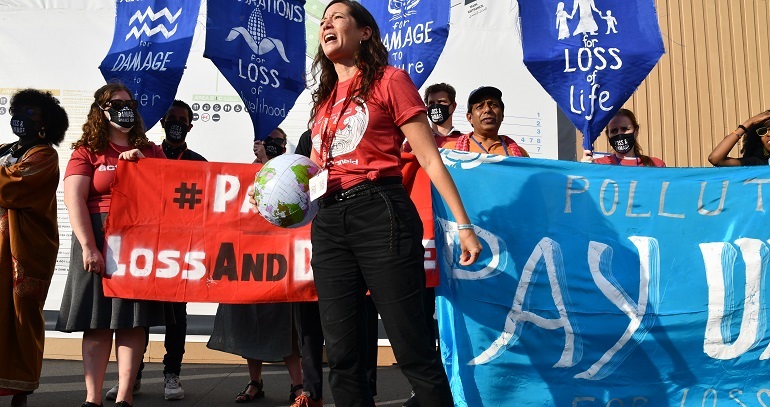IPCC outlines plans for 7th Assessment Report, emphasizing urgent need for actionable science to inform policy decisions.
The Intergovernmental Panel on Climate Change (IPCC) has charted the course for its next major assessment of the science of climate change, with a focus on providing policymakers with timely and actionable information. More than 300 delegates from 120 governments met in Istanbul this week to decide on the scientific work program for the Seventh Assessment Report (AR7).
The AR7 will be produced in three parts:
- Working Group I report on the Physical Science Basis: This report will assess the latest scientific understanding of the physical drivers of climate change, including greenhouse gas concentrations, atmospheric and oceanic circulation, and the cryosphere.
- Working Group II report on Impacts, Adaptation and Vulnerability: This report will assess the impacts of climate change on human and natural systems, as well as the options for adaptation. The IPCC has decided to place a particular emphasis on adaptation in this report, reflecting the growing concern about the risks of climate change.
- Working Group III report on Mitigation of Climate Change: This report will assess the options for reducing greenhouse gas emissions and mitigating climate change.
The Synthesis Report, which summarizes the findings of all three Working Group reports, is expected to be released in late 2029.
In addition to the AR7, the IPCC will also produce a number of special reports and methodology reports during the Seventh Assessment Cycle. These reports will focus on specific topics, such as climate change and cities, short-lived climate forcers, and carbon dioxide removal technologies.
The IPCC Chair, Jim Skea, said that the decisions taken at the Istanbul meeting reflect the need for timely and policy-relevant climate science. “The Panel has taken a critical step in plotting the course for the entire cycle,” Skea said. “Their decisions reflect the interest of member governments in getting policy-relevant, timely and actionable scientific information as soon as possible and providing input to the 2028 second Global Stocktake. There is a notable emphasis on adaptation to climate change.”
The decisions taken at the Istanbul meeting mark the beginning of a four-year process of scientific assessment that will culminate in the release of the AR7. The IPCC is now calling on scientists from around the world to volunteer their time and expertise to contribute to the assessment.
The IPCC is the leading international body for the assessment of climate change. It was established by the United Nations Environment Programme (UNEP) and the World Meteorological Organization (WMO) in 1988. The IPCC has produced five assessment reports to date, and its work has been instrumental in informing international climate policy.
The next IPCC assessment is expected to be even more comprehensive and authoritative than previous assessments. With a focus on providing policymakers with the information they need to make informed decisions about climate change, the AR7 is likely to have a significant impact on the global response to this urgent challenge.


